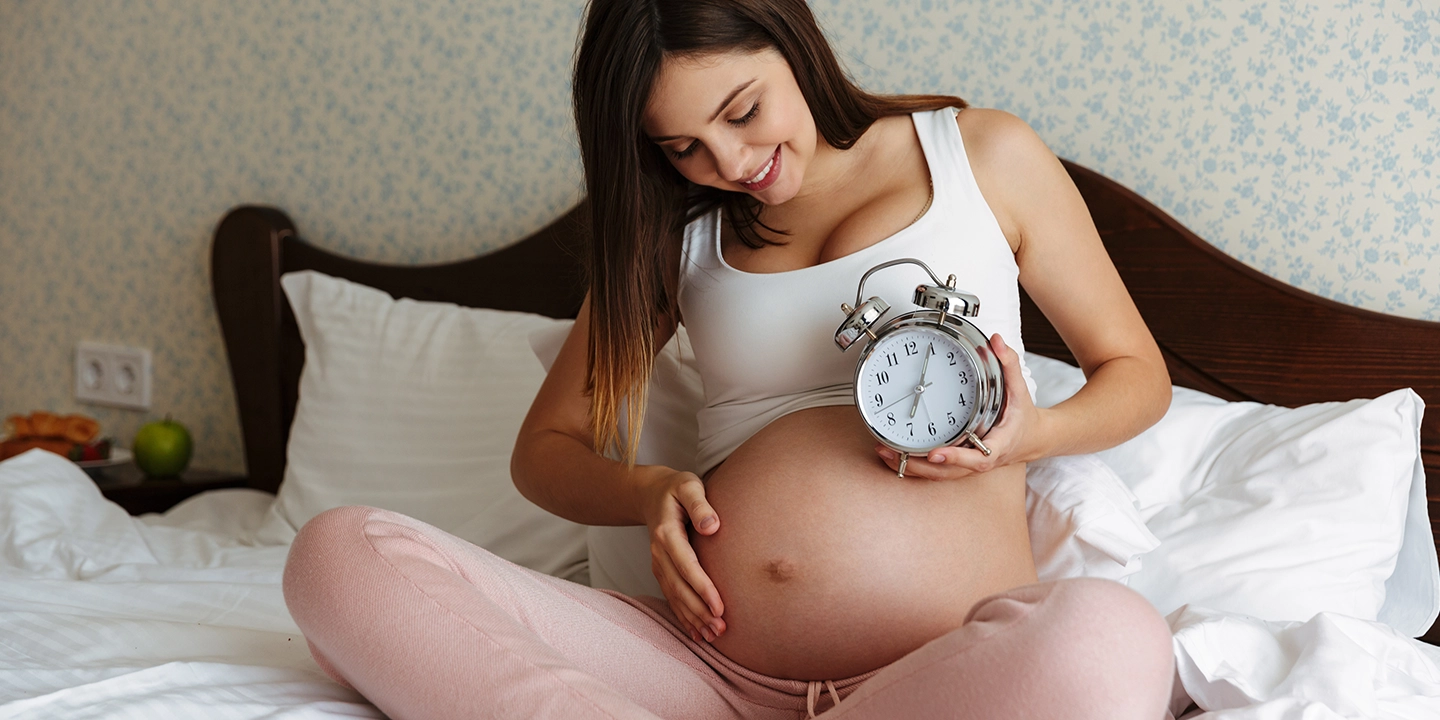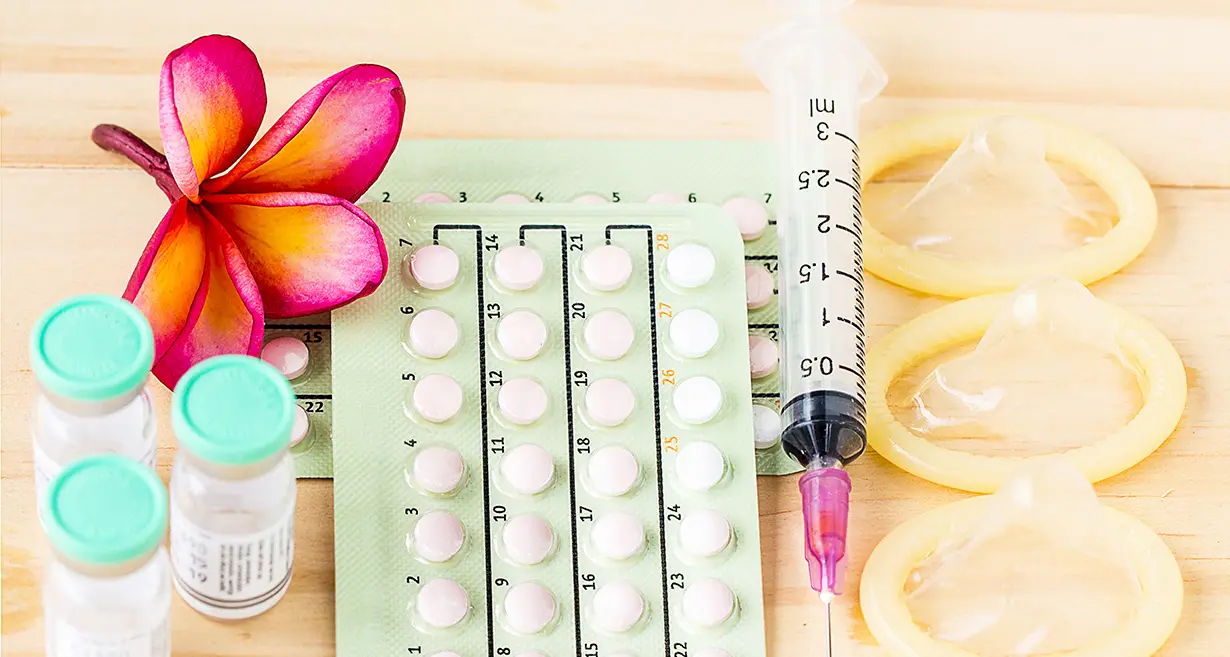
The COVID subvariant omicron has rapidly expanded and evolved into multiple sub-variants since it first debuted in late 2021. It has recently been determined that a particular novel variety, BF.7, is the main infection-causing strain circulating in Beijing and greatly boosting COVID infections throughout China.
This brand-new, extremely contagious Covid-19 strain, Omicron BF.7, has also been established in India. Up to 2022, there will be ten separate Covid-19 releases, including Alpha, Epsilon, Delta Omicron, and Omicron BF.7, which is the most current. It is the most recent coronavirus mutant, with a quick incubation period and rapid rate of transmission.
It’s crucial to understand how this new COVID-19 variant omicron BF.7 strain may affect you and your unborn child while you’re pregnant and how to safeguard yourself from it.
Continue reading to learn everything you need to know about covid variant omicron BF.7 and its effect on pregnancy. We also go over how pregnant women should safeguard themselves against this new variant as well as the pregnancy symptoms of the Omicron subvariant, BF.7.
In this Article
- 1 What Information About The New Covid Variant Omicron Bf.7 Is Needed By Pregnant Women?
- 2 What Symptoms do pregnant women experience with COVID Variant Omicron BF.7?
- 3 COVID Variant Omicron BF.7: Effect On Pregnancy
- 4 What Precautions Should Pregnant Women Take Against COVID Variant Omicron BF.7?
- 5 Importance of the Covid Variant Omicron BF.7 Vaccination in Pregnancy
- 6 Pregnancy and Covid-19 Variant BF.7 Exposure
- 7 Covid-19 Variant BF.7: Prenatal & Postpartum Care
- 8 Frequently Asked Questions
What Information About The New Covid Variant Omicron Bf.7 Is Needed By Pregnant Women?
The omicron form was thought to be milder than the delta omicron type before it quickly swept around the world. Omicron was first identified by the World Health Organization (WHO) as a variant to be concerned about in late November 2021. Since then, health organizations have kept track of a number of Omicron family sub-variants.
This variety, an Omicron mutant, has one of the greatest transmission rates among all Covid types. This mutant is known to have an approximate R0 value of 10-18.6, which suggests that each infected person can spread the disease to 10-18.6 other people nearby. Since its discovery, the Omicron BF.7 strain has been found in several countries, including China, the US, the UK, Belgium, Germany, France, and Denmark.
People who are immunocompromised or immunosuppressed, such as the elderly, pregnant women, new mothers, children, and individuals with weakened immune systems, are more likely to contract this virus.
Related Blog : 8 Surprising Things Unborn Babies Usually Do In The Womb
What are the Reasons for the COVID Variant Omicron BF.7’s Rapid Spread?
The BF.7 subvariant was created as a result of the mutational evolution that the COVID-19-causing SARS-CoV-2 virus underwent to become more immunologically evasive.
The spike protein, which the coronavirus employs to cling to and infect cells, has the identical mutation (R346T) in both the “original” form, BA.5, and its new variant BF.7. The ability of the virus to evade neutralizing antibodies produced by vaccinations or prior infections has been connected to this mutation.
The subvariant does, in fact, have a higher risk of reinfection or of infecting people who have already received vaccinations, according to experts. A recent study also discovered that even those who had had three immunizations could still be susceptible to BF.7.
The additional Covid-19 booster dose, though, will aid in containing the disease. However, what should worry us the most is the fact that cases have also been reported in people who have had the vaccination but have missed their Covid-19 booster doses. BF.7 Omicron, the new variant of Covid-19 is becoming more common among those with insufficient immunity, including nursing mothers, pregnant women, children, and the elderly. As a result, the government is encouraging and urging its residents to get the booster shot as soon as is practical.
What Symptoms do pregnant women experience with COVID Variant Omicron BF.7?
The chief symptoms of COVID-19, regardless of the strain, are as follows, according to the Centers for Disease Control and Prevention (CDC):
- Fever or a cold
- Cough
- Breathing difficulties or lack of breath
- Fatigue
- Muscular or body aches
- Headache
- New flavor or odor alterations
- Unwell or Sore throat
- Blocked or runny nose
- Vomiting or nausea
- Diarrhea
These symptoms can also be experienced by breastfeeding mothers and pregnant women. There is currently no proof that the pregnancy symptoms during the Omicron subvariant, BF.7, are different from those of adults who are not pregnant. Cough, congestion, sore throat, headache, and muscle pain are the main indications and symptoms of the Omicron subvariant, BF.7, which are substantially the same as those of other groups.
COVID Variant Omicron BF.7: Effect On Pregnancy
If you just gave birth or are expecting, you may be wondering whether pregnant women are more likely to experience the omicron variety’s negative effects.
It can, and there are a few reasons for this, according to doctors. Since pregnant women have a type of immunosuppression that allows them to carry what equates to a baby that is half genetically different from themselves, any illness may have a potentially more dangerous effect on pregnancy. Regardless of the variant, pregnant persons are more likely than non-pregnant people to be hospitalized and require a transfer to the intensive care unit due to COVID symptoms. Preterm birth is also more likely to occur during pregnancy, and medical professionals are reporting abnormally high rates of COVID in general.
Experts assert that vaccination history has an impact on sickness severity as well. 98 percent of pregnant women receiving critical treatment associated with COVID-19 in the intensive care unit (ICU) were unvaccinated, according to a Scottish study that was published in Nature Medicine.
The majority of people who receive vaccines and boosters rarely develop COVID. Regardless of the variation, they also have very low chances of being hospitalized, even smaller chances of needing intubation, and almost no chances of dying if they do get an infection.
Despite the fact that pregnant women are almost two times more likely than non-pregnant individuals to experience a breakthrough COVID-19 infection (defined as a case contracted in a person who had received the vaccine), the COVID-19 vaccine significantly lowers the risks of serious illness and hospitalization regardless of whether you are pregnant or not.
Furthermore, research has shown that COVID-19 immunization is safe to use during pregnancy and is not linked to early pregnancies or lower birth weights in children. It is quite concerning that so many pregnant women still have not received COVID-19 immunization for precisely this reason.
Because of a vaccine that is regarded to be quite safe during pregnancy, COVID is a disease that can be prevented. Everyone pregnant should receive a shot or booster if they are eligible.
Related Blog – 10 Warning Signs During Pregnancy
What Precautions Should Pregnant Women Take Against COVID Variant Omicron BF.7?
Omicron BF.7 Covid-19 Variant Precautions include
- The first and most crucial measure of protection is the wearing of masks in crowded areas and public locations indoors. The CDC recommends using the most protective mask you can find that fits well and is comfortable for everyday use, whether or not you have gotten a vaccination.
- Make sure you’ve received all required shots, including boosters.
- Keep your distance from someone who seems sick or has symptoms.
- When in enclosed public spaces, keep your distance from other individuals if you aren’t fully vaccinated. If you are more prone to serious illnesses or conditions associated with pregnancy, such as heart disease, diabetes, or asthma, you must do this. Applying caution by following the safety instructions is advised.
- Behave carefully and be aware of any signs of seasonal ailments, such as fever, coughing, and colds, which are prevalent in India during these months.
- Learn how to isolate yourself if you come into contact with an infected person, and get a Covid-19 test done straight away. The recommended dose of the vaccination has been given to the majority of people. People who have had the immunization have been found to carry the BF.7 Covid variation, thus vigilance is still advised.
- Maintain hygiene. Use an alcohol-based hand sanitizer or wash your hands often for at least 20 seconds with soap and water.
- Steer clear of congested areas and stuffy indoor spaces.
- If you’re sick, stay at home and isolate yourself; stay away from work, school, and the public unless you need to get medical help. Avoid using public transportation, ride-hailing apps, and cabs if you are ill.
Caring for yourself and your baby should come first. If you have any concerns regarding the BF, speak with your doctor to discuss them. 7..
Importance of the Covid Variant Omicron BF.7 Vaccination in Pregnancy
One of the most crucial things, according to experts, is to receive your COVID-19 vaccination and booster dose when you are qualified. The American College of Obstetricians and Gynecologists (ACOG), the Centers for Disease Control and Prevention (CDC), and the Society of Maternal-Fetal Medicine all recommend that women who are expecting to become pregnant, who are pregnant, or who are nursing receive the COVID vaccine.
It has a demonstrated safety profile across the whole reproductive life cycle, making it the best tool for preventing the disease’s severe side effects. The booster itself additionally offers Mom, Baby, and Family the highest protection possible against the Omicron variety.
It is also important that other eligible family members, such as your partner (if you have one) and any children residing in the home, obtain the COVID-19 immunization in order to protect you and your unborn child. Other steps to prevent the transmission of the variation include maintaining regular hand-washing routines and avoiding social circumstances.
You must observe the CDC’s recommendation and put on an appropriate, fitted mask whenever you are out in public, particularly in crowded places and indoor settings. Be on your guard. Test-Track-Treat- The best method for reducing the threat posed by the Omicron BF is vaccination. 7 strain. You can schedule a test at your house or go to the nearby pathology clinic for Covid 19 Variant BF.7 testing.
Pregnancy and Covid-19 Variant BF.7 Exposure
If you think you may have been exposed to the COVID-19 new variant Omicron BF.7 or if you are having symptoms, you should get tested for it. You can also call your ob-gyn for assistance or if you encounter any other symptoms that are alarming.
Contact emergency services or go directly to the hospital if you see any emergency warning signs. The following are a few examples of emergency warning indicators:
- Breathing issues or shortness of breath (more than what has been normal for you during pregnancy)
- Persistent pressure or discomfort in the chest
- Unexpected uncertainty
- Being incapable of responding to others
- Blue lips or face
To help them prepare, try calling the hospital in advance to let them know you’re coming there.
Related Blog – Pelvic pain causes during pregnancy
Covid-19 Variant BF.7: Prenatal & Postpartum Care
Maintaining your prenatal and postpartum care appointments is essential. Inquire with your ob-gyn about possible changes to your visits if the new variant cases increase or spread swiftly in your area. By phone or online video call, you can also speak with your medical team in greater detail. Telehealth or telemedicine are terms used to describe this. It’s a terrific strategy for you to get the care you need and prevent the spread of disease.
If an appointment is scheduled, you can call your doctor before the appointment. Whether you visit your doctor, they might discuss telehealth with you or see if you have symptoms of COVID-19.
Frequently Asked Questions
Unvaccinated individuals are more vulnerable. Additionally, those with weakened immune systems, such as children, the elderly, pregnant women, and those with numerous comorbidities such as uncontrolled diabetes, cancer, kidney, or cardiac disease, are more prone to contracting this sickness.
As a preventive measure, people should adhere to the Covid-appropriate behavior rules and receive the Covid-19 vaccination to reduce their risk of contracting the infection.
Research Reports of COVID-19 infections during pregnancy show the following effects on pregnancy:
Preterm birth has become more likely.
Data suggest that the chance of stillbirth may be increased.
Although it seems rare, COVID-19 may pass from the mother to the fetus during pregnancy.
Sources state that the following post-birth complications in babies:
Women who have COVID-19 throughout pregnancy are more likely to give birth to infants who need care in a neonatal intensive care unit (NICU).
A newborn can catch the virus if exposed to it.
According to medical experts, the new variety outperforms any immunity we may have gained from a previous variant or even if the whole course of vaccines is given. The BF.7 Covid type has a much shorter incubation period, making it very contagious. Therefore, a Fourth Wave could occur globally. The virus first underwent a number of modifications during the pandemic, with the WHO identifying the Delta Omicron strain as the most dangerous.
Studies show that no COVID-19 variation infects or spreads to young children through breast milk. Most evidence suggests that it is safe to give your baby breast milk even if you have a COVID-19 infection. Remember that the best source of nutrients for the newborn babies in the initial few years of life is breast milk. Breast milk protects infants from infections in their ears, lungs, and digestive system, among other ailments. Due to these reasons, COVID-19 shouldn’t interfere with breastfeeding your child.
Conclusion
Like other Omicron variations, the BF.7 Covid version has a rapid transmission rate. A person who has this virus can spread it to an extra 10 to 18 others, even if they are asymptomatic. It will be some time before we are able to predict how things will pan out over the coming days, weeks, or months, but the statistics indicate that there aren’t many hospitalizations and fatalities for this variant in India. However, we need to be more cautious and adhere to COVID-acceptable behavior (wearing masks, social distancing, and hand sanitization).
Contrary to people who do not have COVID-19, those who have it during pregnancy are more likely to experience problems that could be harmful to both the developing fetus and the mother.
Utilizing COVID-19 during pregnancy, for instance, increases the risk of having a kid that is born prematurely (before 37 weeks) or stillborn. People who have COVID-19 while pregnant may also experience other pregnancy-related problems more frequently.
The COVID-19 vaccination is recommended for all people aged 6 months and older, including those who are pregnant, recently gave birth, trying to conceive right now, or who might do so in the future. Getting boosters when the time comes is part of this suggestion.
If you are worried or anxious about the safety of your unborn baby and yourself, visit Queen’s Gynecology, Delhi. The skilled team of OB-GYNs will help alleviate those doubts to put you at ease. With over a decade of experience, the specialists at Queen’s Gynecology will aid you by offering information on the tests, vaccinations, and medicines, if required along with gold-standard care. At Queen’s Gynecology, Delhi, the patient’s well-being and comfort come first.



































































































































































































